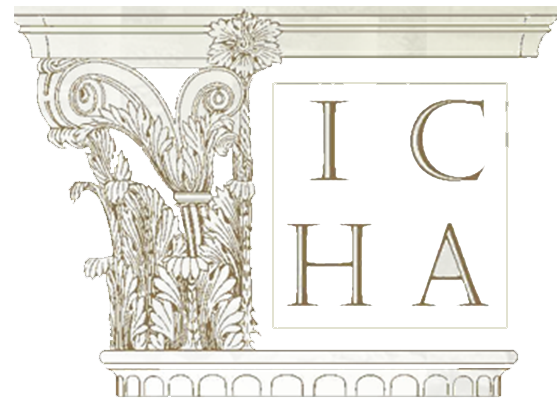The International Conference Disciplinarity in Archaeology organized by CE TAG and the Austrian Archaeological Institute of the Austrian Academy of Sciences in Vienna gathered archaeologists from various institutions from twenty countries from Europe and the Americas. The organizing committee of the conference, consisted of Dr Roderick Salisbury, Dr Katharina Rebay and Dr Estella Weiss, structured several sessions dedicated to different theoretical, practical and comparative aspects of the issues of disciplinarity and interdisciplinarity in archaeology.
Professor Ljuben Tevdovski, the Chairman of the Scientific Board of ICHA, was invited to provide a theoretical overview to the problem in the first session of the conference, together with the researcher and editor Artur Ribeiro, and the professors Eduard Krekovic and Matthias Kucera.

Disciplinarity in Archaeology
Recent years have seen an increasing integration of natural science approaches in archaeology, so much that one could argue that the nature of the discipline is shifting from a historical-philosophical subject towards a natural science one. This brings with it a change in the discipline’s epistemology – in which ways knowledge is generated.
This conference aims to explore where archaeology stands as a discipline. Do we waver uneasily between subject groups, or are we integrating different kinds of knowledge? Archaeology is inherently cross-disciplinary, borrowing from art history, computer science, geography, biology and other subjects. Many projects today are multi-disciplinary, bringing in experts from different fields. Working in this way has become standard practice in archaeology, but how is this actually done? In what ways do the paradigms of different disciplines influence the questions explored and the knowledge generated? Is it appropriate to talk about inter-disciplinarity? How are multiple disciplines integrated within actual research? These questions provide the framework for understanding Disciplinarity in Archaeology.
The following themes outline the general focus of the conference:
1. Reflections on Inter-disciplinarity
Is the discipline of archaeology cross-, multi-, inter-, or trans-disciplinary? Have archaeologists defined our discipline well enough to even ask these questions? Or are we too fragmented between historical, processual and post-modern epistemologies to have even intra-disciplinary conversations? There is also a strong belief that science approaches generate “hard knowledge” – indisputable facts that are beyond questioning. And yet, the value of scientific knowledge is increasingly questioned in politics and society. What kinds of knowledge does archaeology generate, and is the public right in believing it?
2. Practicing Inter-disciplinarity
How is multi- or inter-disciplinarity practiced in ongoing archaeological research? Most of archaeologists recognize the need for incorporating the results of “hard science” analyses in our work. This includes everything from DNA to remote sensing to chemical analyses of artifacts, with scientists supplying reports, and often collaborating on publications. We are perhaps less open to asking whether disciplines like geophysics or chemistry are objective or subjective, or what the limitations of scientific methods are. Do archaeologists over- or underestimate what strontium isotopes or electron microscopy can prove? Alternatively, are our scientific collaborators aware of the limitations of archaeological data? In this section, presenters will focus on the practice of inter-disciplinarity in their own case studies and projects.

